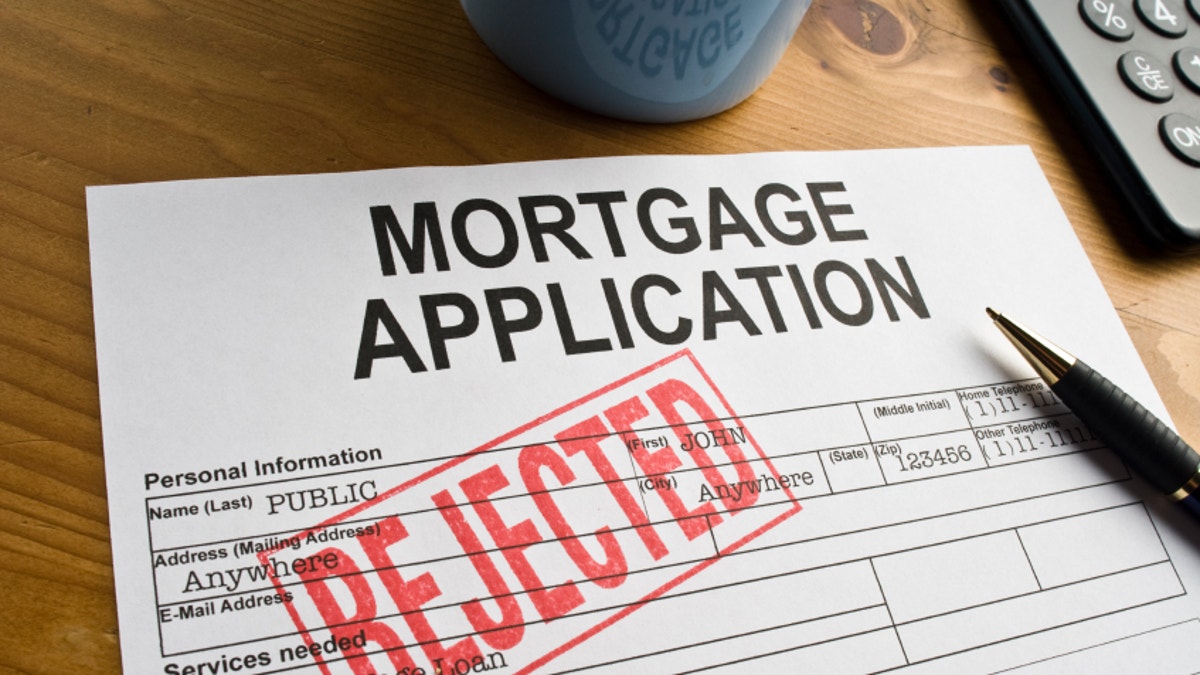
Mortgage application denied
Refinancing isn't a guaranteed deal. You'll need to qualify for the loan in almost the same way you did for your first mortgage -- that means paperwork involving things such as income verification and employment history. If you're not prepared, your application could be rejected.
Below are four common problems homeowners face when they want to refinance -- and their solutions.
1. No career longevity
Changing companies within the same field should be nothing to worry about unless you take a pay cut. Switching careers, however, can cause a lender to balk. Lenders typically want to see you have been employed for at least two years in your profession.
Solution: If possible, wait to switch careers until after the refinance has happened. If not, be prepared to explain to your lender exactly what financial changes this meant for you. If you changed careers last year and have made all your payments on time, mention that. It's not a guarantee you'll get a loan, but proof of financial responsibility helps.
2. No job
If you're unemployed, you won't be able to get another mortgage. Remember, refinancing is basically like getting a new mortgage, and you need to prove you have adequate income to make the payments.
Solution: If you get fired or laid off, try to get a new job in the same line of work as quickly as possible. Don't leave a large gap between jobs. The lender will verify the dates of employment with each employer and will ask questions if you took a long while to get the new position.
3. No cash reserves
Lenders want to see that you have extra money in your bank account. Some people believe that greater equity covers this requirement. It doesn't. Lenders want to make sure you can pay your mortgage even if you fall on tough times.
Solution: You'll need some cash reserves to show the lender that you can make payments even if you miss a paycheck or two. Depending on the size of your loan -- in general, the bigger the loan, the more reserves you'll need -- you will need to save up.
Typically, you want three to six months of reserve payments on hand, which have been sitting in your bank account for a few months. Lenders will verify this, so don't borrow it from a friend or have it gifted.
4. No (or little) equity
After the housing bubble burst, many homeowners were unable to refinance because the value of their property plummeted, eating up their equity. If you do not have equity in your home or your home is underwater (meaning you owe more than it's worth), you will not be able to refinance.
Solution: There's no easy way around this one. You pretty much have two choices: Wait it out and gain equity over time, or buy up enough equity in your home to allow for a refinance -- typically, you want an 80% loan-to-value ratio. You may be able to have a higher LTV for a refinance, but you will probably need to pay private mortgage insurance and possibly a higher interest rate.
Updated from an earlier version by Laura Sherman
The post Watch Out for These 4 Common Refinancing Problems appeared first on Real Estate News and Advice - realtor.com.